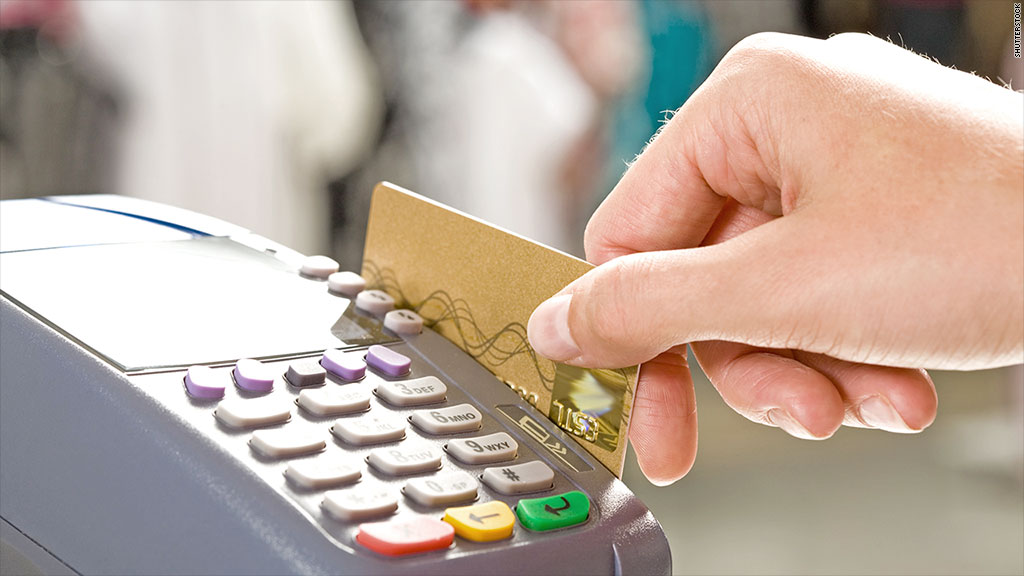
Even the smallest debit card purchases are leading to big fees for customers who overdraw their bank accounts.
While the majority of purchases that trigger overdraft protection are less than $24, the fees customers are hit with average $34, a new report from the Consumer Financial Protection Bureau shows.
Because most consumers repay the money within three days, that fee translates to an annual percentage rate of 17,000%.
Unsurprisingly, the costs can really add up -- especially for the one in five people with overdraft protection who overdraw their account more than ten times per year.
Related: Best apps for taming your bills
Banks are now required to let customers opt in to overdraft protection -- which means transactions can go through even if they exceed the account balance (in exchange for a fee). But the CFPB said it's looking into ways banks can make the opt-in process clearer and introduce other policies to help more customers avoid these fees.
Several banks have already made such changes to their overdraft programs: some no longer charge fees if the overdraft triggering the transaction is small, like $5. Others put a limit on the number of overdraft fees a customer can be charged per day.
Bank of America (BAC) is even rolling out a special checking account for chronic overdrafters, where customers are stopped from making purchases that exceed their balance.
Related: Why your bank can break up with you
But because overdraft fees mean big money for banks -- accounting for more than half of fee income from checking accounts -- many banks' policies are still troubling, the CFPB found. One tactic some banks use is to order transactions from largest-to-smallest to maximize the number of overdraft fees charged, rather than processing the transactions in the order they were actually made.
